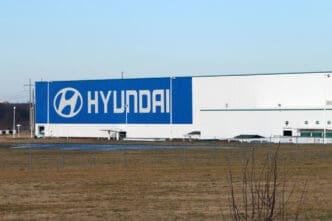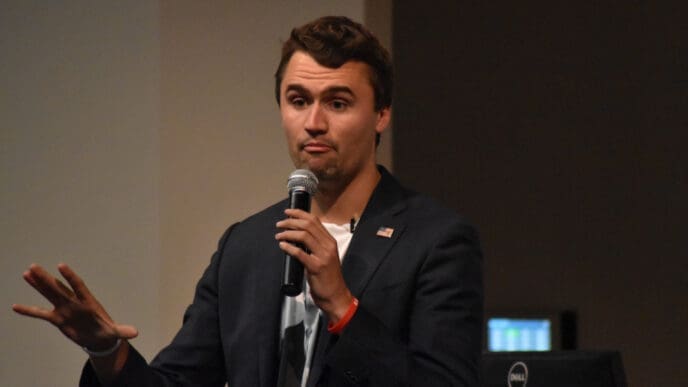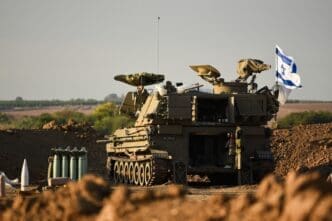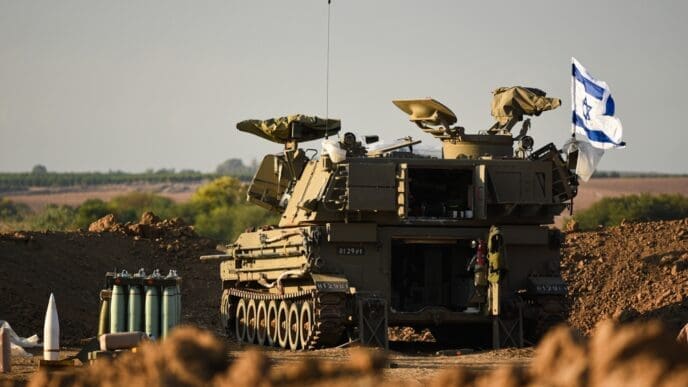Executive Summary
The Story So Far
Why This Matters
Who Thinks What?
A battery plant co-owned by Hyundai and LG Energy Solution in Georgia is facing a minimum two-to-three-month startup delay following a significant immigration raid last week, Hyundai CEO Jose Munoz announced on Thursday. The operation, described as the largest single-site enforcement in U.S. Department of Homeland Security history, targeted workers at the facility, which was slated to begin production later this year as part of a $7.6 billion factory complex.
Raid Details and Company Reaction
Munoz, speaking publicly for the first time since the incident, stated he was surprised by the news. He immediately investigated if Hyundai employees were involved in the raid.
The company determined that the workers primarily at the center of the enforcement action were employed by suppliers of LG, not Hyundai directly. U.S. immigration officials confirmed that approximately 475 workers, predominantly South Korean nationals, were arrested.
Context of Specialized Labor
Munoz explained that employing such workers is typical during the initial phases of an automotive battery plant’s development. He noted that specialized skills and equipment required for construction are often not readily available domestically.
“For the construction phase of the plants, you need to get specialized people. There are a lot of skills and equipment that you cannot find in the United States,” Munoz commented on the sidelines of an automotive conference in Detroit.
Mitigation Strategy
To address the anticipated delay, Hyundai plans to source batteries from other facilities. This includes a plant in Georgia that is co-owned with the Korean battery manufacturer SK On, ensuring that production targets can still be met.
The delay underscores the complexities and potential disruptions faced by large-scale industrial projects involving international partnerships and specialized labor, particularly in the context of heightened immigration enforcement.














